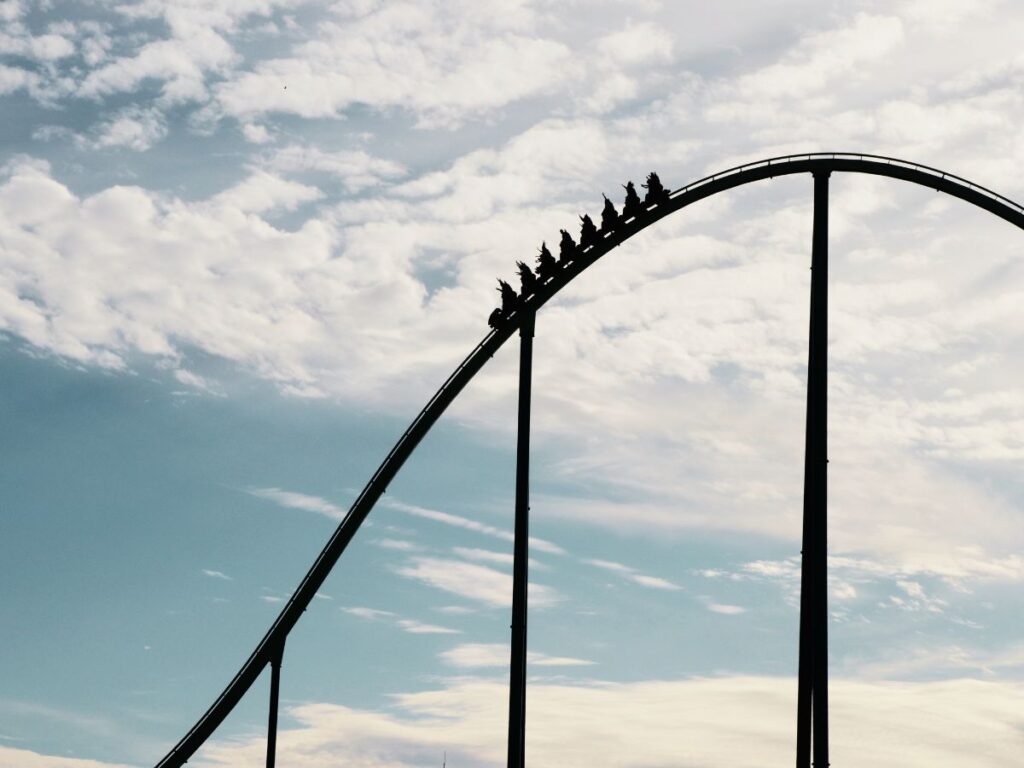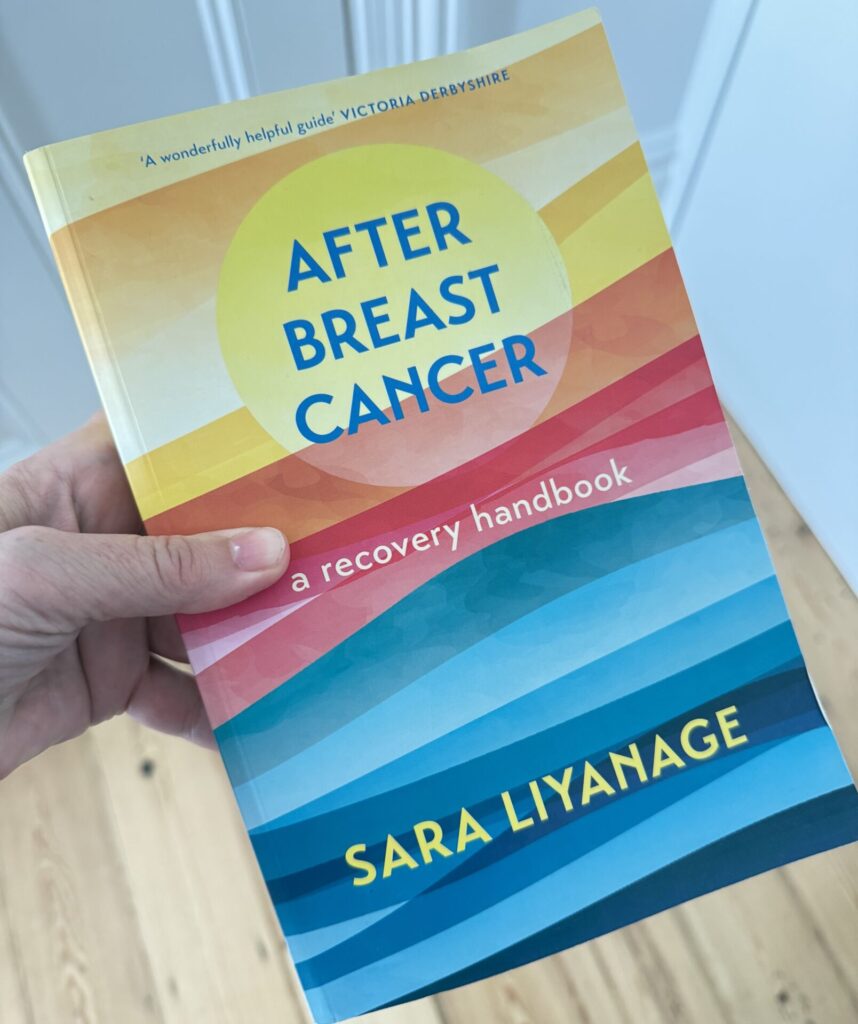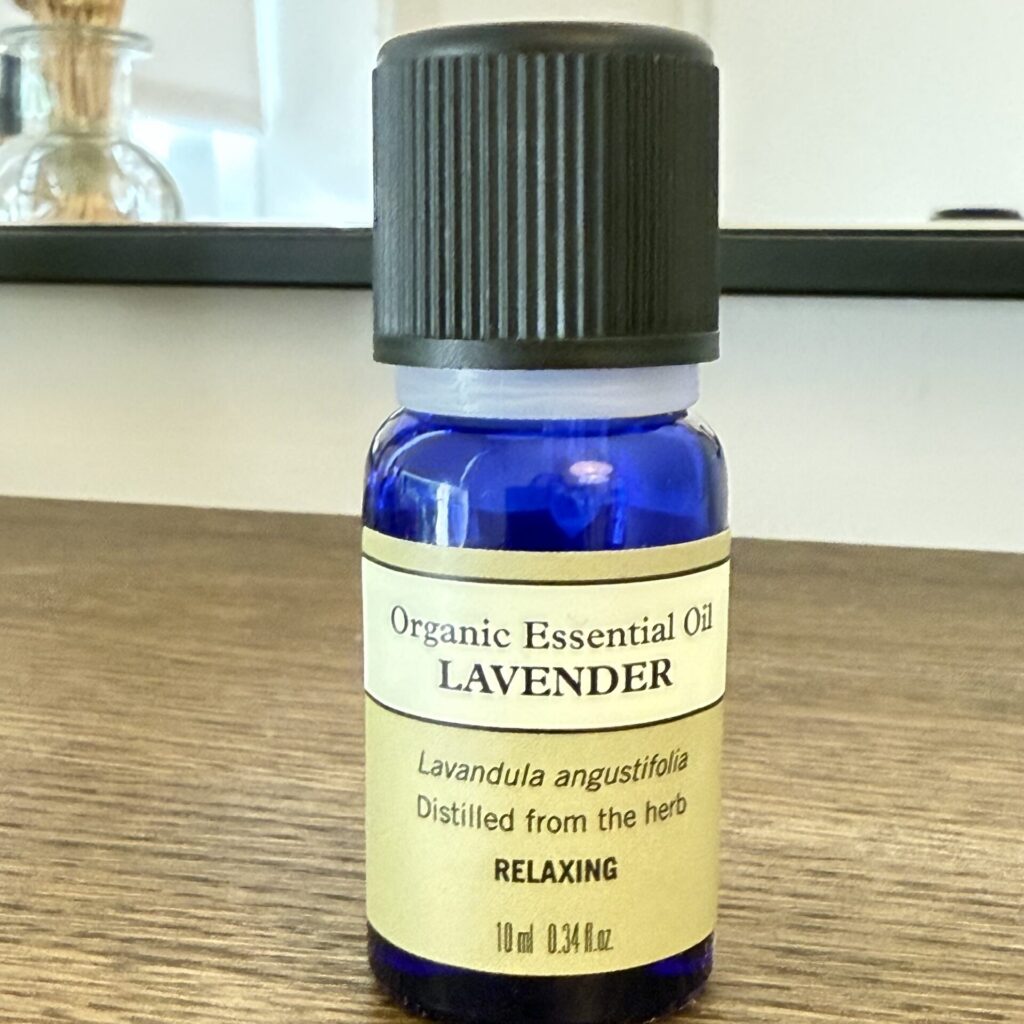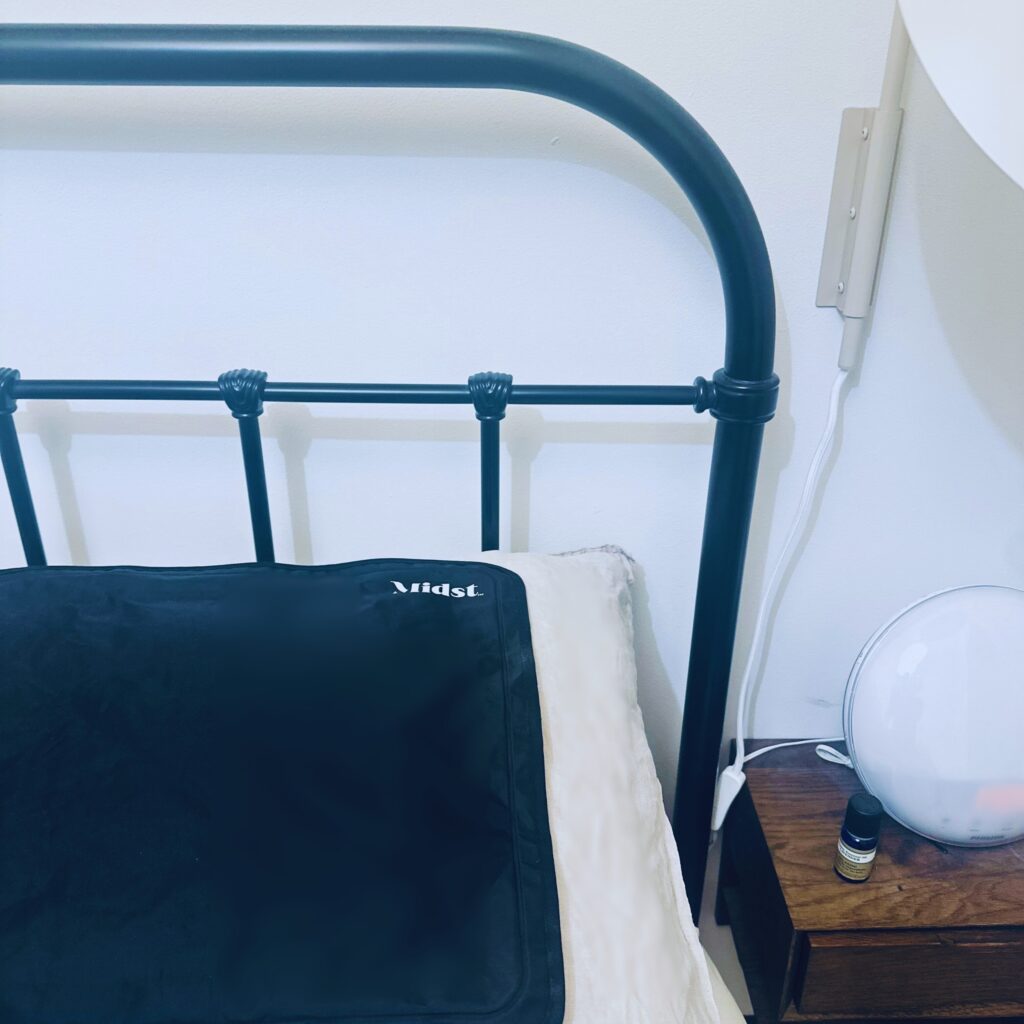
Some ring a bell, but for me the end of my cancer treatment was a bit of an anticlimax and no bell. As I left the chemo ward, supported by a friend who I begged nurses to let in (it was covid protocol), there was not a nurse or medic in sight. Thankfully I had my friend to mark the moment, she captured me on film, hair still almost frozen from the cold cap and cheered as I left the hospital. I’m grateful I have that reminder and to have her there cheer me on.
The Roller Coaster
I expected in a few weeks I would bounce back, be back to my normal self. What I didn’t realise was the (for want of a better word) trauma of the last 7-8 months would catch up with me. That the effects of the treatment would linger and resurge throughout the following months. I also didn’t realise how isolating and scary it would be not to have regular medical appointments.
I was grateful I was well, of course. But the enormity of what had happened hit and I was grappling with horrendous menopause symptoms. A rarely talked about impact of cancer treatment. I was having about 20-30 hot flushes a day, my sleep was affected, I lacked confidence and resilience. I no longer really trusted myself.
But I was also impatient. I wanted to be back to my normal self. I was on high alert with any symptom, side effect. And despite everything I had been through, I was trying to be how I used to be – back at work, trying to operate at a ridiculous pace.
In reality, I was all over the place – both in terms of physical energy and with my emotions. It felt like a rollercoaster, and even more unpredictable than the one I thought I had just got off.
The Recovery
I obviously learned that recovery post treatment is not linear. It is a gradual process. It’s a time for more patience (even though you are technically no longer a patient). It became clear that I needed focus on practical steps to help my recovery. I realised that a daily routine as well as seeking support when I needed became essential. These are some of the things that helped:
- Daily journalling – always listing things I was grateful for whilst dumping any worries or concerns.
- I had a routine for each day and set daily, small realistic goals – it helped me have a sense of achievement
- Took naps when my body told me I needed them
- Exercised regularly – this has recently been proven to reduce risk of recurrence but it also helps manage fatigue
- I ate well – except for the odd bar of Tony’s
- Practiced breathing techniques – especially when I went into slight moments of panic or overthinking
- Used various tools to help sleep – from a cooling pillow to lavender drops, bought a wool duvet
- And to help me navigate work and my confidence – I found myself a coach with lived experience through Working with Cancer
Final Thoughts
My biggest message is – be kind to yourself, kinder than you would be to anyone you know. Its ok to feel off, out of sorts, at sea after treatment. It takes time to find your stability again. And there’s no right way to go through it – like everything with breast cancer, no one’s journey is the same. Reach out to your friends or seek support when needed – Breast Cancer Now offer a fantastic service called someone like me and Menopause and Cancer help you navigate menopausal side effects holistically and informatively. And I’ll say it again, be kinder than kind to yourself.
This first journey put me in a much better place to navigate it all second time round, after my recurrence. More on that another time.
If you’ve experienced this wobbly phase, share your story in the comments and help anyone else navigating the same thing.



